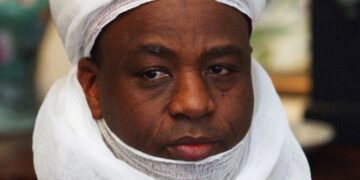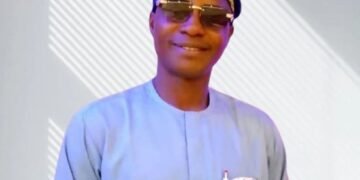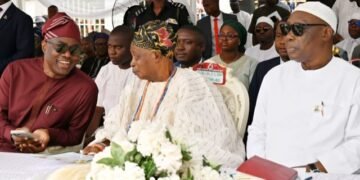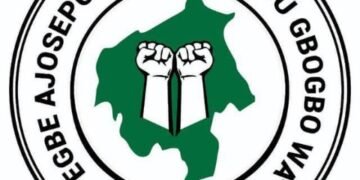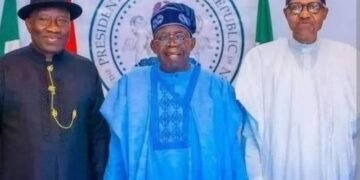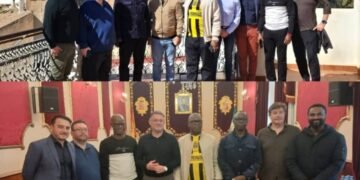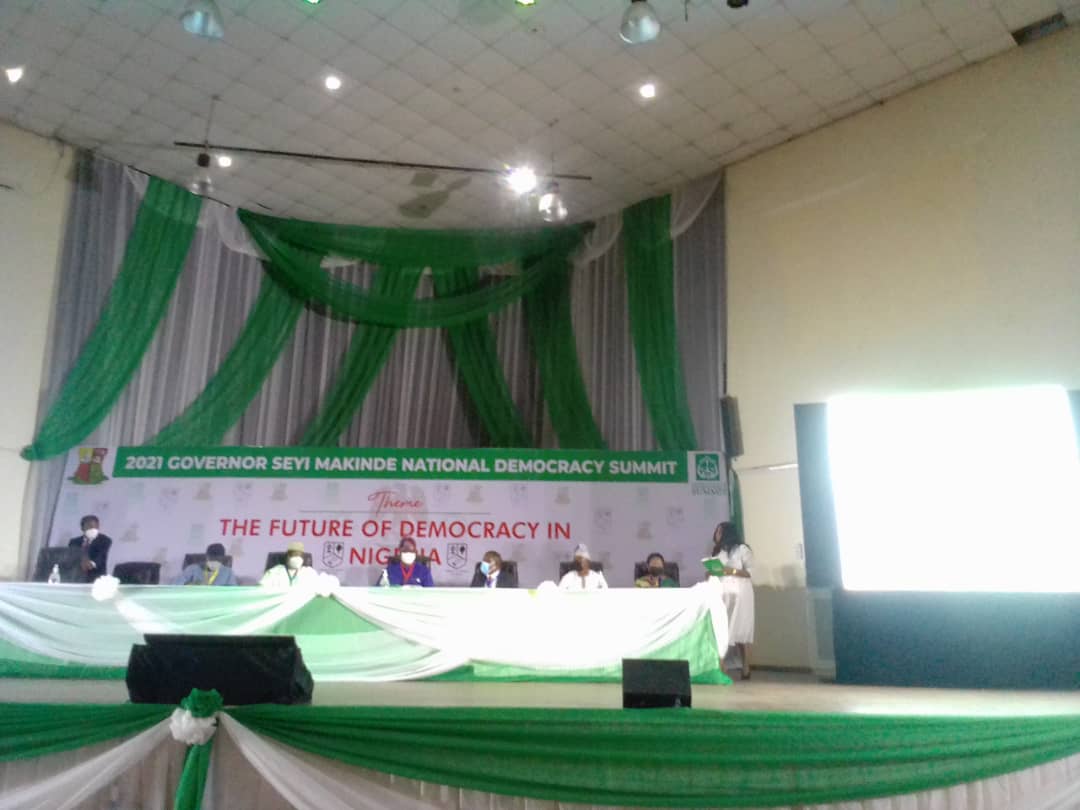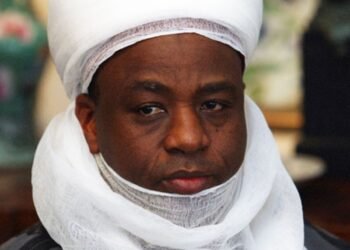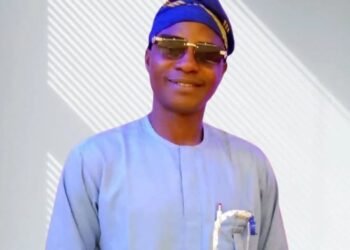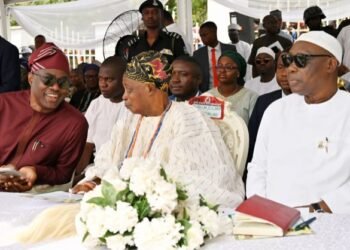Osunbor, Ezekwesili, Osaghae, Others Join Call For Restructuring, Poverty Eradication
A former governor of Edo State, Professor Oserheimen Osunbor; former Minister of Education, Dr Oby Ezekwesili and Director General of the Nigerian Institute of International Affairs, Professor Eghosa Osaghae, have lend their voices to the increasing call for the restructuring of the country.
The trio and some others spoke, today, as panelists at the just-concluded two-day Democracy Summit organised by the governor of Oyo State, ‘Seyi Makinde, and held at the International Conference Centre of the University of Ibadan, Ibadan.
Supporting the earlier call, on Monday, by Governor Makinde for federalism and devolution of powers, Osunbor, Ezekwesili and Osaghae called on the President Muhammadu Buhari-led leadership of the All Progressives Congress (APC) to look inward and proffer solutions to the pervading poverty and myriads of problems across the country.
They challenge the president to be sincere with Nigerians and seek for ways to lift the country out of the scourge of poverty which they noted had resulted in the increasing waves of insecurity in the polity.
Speaking, Professor Osunbor pointed at the possibility of reviving the fiscal federalism structure as a way out of the hydra-headed problems and insecurity.
He said the old fiscal federalism practiced in the country “was quite robust and gave the states the opportunity to generate a lot of funds for the local government areas. And I think that is the salvation for the federal system in this country.
“This is a fundamental issues to consider in a period like this, and which will strengthen democratic practice or aspirations of this country. We actually need to go back to the 1960s and adopt, in fact, revive the fiscal federal structure.”
Professor Osaghae said: “The only way we can have a proper understanding of federalism or even begin to think of a more effective federalism is to, first, understand the nature of the state, which federalism is expected to serve.
“If we don’t understand the character of the state, all discussion will be totally out of context. The first point I want to make is, there is nothing like true federalism.”
Dr Oby Ezekwesili, who spoke virtually during the one of the plenaries, condemned the wide gap between the rich and the poor and emphasised the need for political leaders to work towards tackling poverty in the country in a sustained manner.
Speaking on the topic, “Poverty And Socio-Economic Exclusion In Nigeria”, she said the summit is an initiative targeted at the right direction.
Ezekwesili pointed out that soundness of policies, establishment of institutions and public investments will do the cointry a lot of good in eradicating poverty and make democracy less vulnerable.
“What is important is, you cannot tackle poverty without growing, which is a necessary condition. There should be growth and the growth should happen in a sustained manner. That is why we must worry.
“What are the things that make countries grow? The soundness of policies, which will be enviable and facilitate growth. Second are the institututions, which are the cornerstones to make an environment enviable for the private sector. This will make democracy less vulnerable.
“Another thing that must also be considered is an investment, public investment especially. This will provide a basis for private investments, which really is the engine room for growth.
“The current poverty we see in the country will aggravate if we fail to do the needful,” the former federal minister said.
The Attorney General of Ondo State, Sir Charles Titiloye, expressed the view that the country has been practising more of a unitary system of government than federalism.
“Yes, in a situation whereby it is the central that dictates for the component body; in a situation where the states go cap-in-jand every month to beg for fund from the Federal Government, instead of the states to control the resources they contribute, the funding is from the centre.
“These are local issues which the state can easily handle, and for us to have true federalism we are talking about, these are areas that should be permanently handed over to the states of the Federation,” Titiloye said.
Attorney General and Commissioner for Justice of Oyo State, Oyewole Oyewo, who was equally the lead presenter, said women ought to be actively participating in politics so as to change the rhetoric.
Oyewo further said: “We need to go back to the fundamental of democracy. The challenge is to everybody involved.”
Dr. Rotimi Nihinlola, a UK-based ginancial analyst who also joined the session virtually, said it is painful that Nigeria is the headquarters of poverty in the world.
This, he said, has given birth to underdevelopment and insecurity, adding: “We are one of the most terrorised countries too.
“Some Nigerians don’t actually like the tag but look at the country; look at the level of insecurity and the rest. There is a strong connection between poverty and security.
“All indices you go to, we are at the top of the table; talk of lack of electricity supply, insecurity and the rest. Our leaders only talk about poverty in vague terms. They need to address some factors; some exclusion gaps.”
Nihinlola called for a better working system in the country, adding that Nigeria needs free education, free health system and creation of jobs.
The financial analyst went on to call for a declaration of a state of emergency on poverty and noted that Nigerian leaders must deliberately set a goal to eradicate poverty and not to alleviate it.
Other prominent faces at the event were Professor Yemisi Bamgbose SAN, Professor Demola Popoola, and Adekunle Adeyemi, chairman of thr Governing Council, the Polytechnic, Ibadan.

